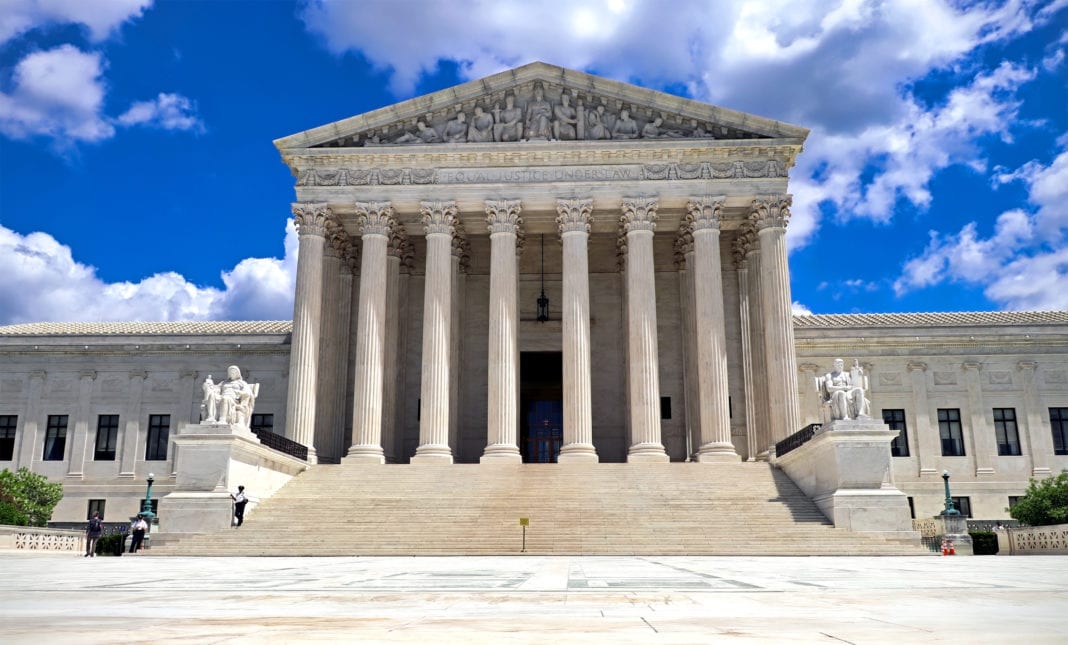The U.S. Supreme Court ruled Thursday morning that Oklahoma does not have jurisdiction to prosecute a major crime involving a Native American, honoring historical boundaries of the Muscogee (Creek) Nation.
This case focused primarily on eastern Oklahoma, exploring jurisdiction of the Muscogee Creek Nation (although the ruling affects several Native American tribes) after Oklahoma became a state in 1907. The ruling confirms that Native American reservations were not officially terminated upon statehood, which prevents state authorities from prosecuting offenses involving Native Americans on said land.
Justice Neil Gorsuch delivered the ruling in court Thursday morning.
“The federal government promised the Creek a reservation in perpetuity. Over time, Congress has diminished that reservation. It has sometimes restricted and other times expanded the Tribe’s authority. But Congress has never withdrawn the promised reservation. As a result, many of the arguments before us today follow a sadly familiar pattern. Yes, promises were made, but the price of keeping them has become too great, so now we should just cast a blind eye. We reject that thinking. If Congress wishes to withdraw its promises, it must say so. Unlawful acts, performed long enough and with sufficient vigor, are never enough to amend the law. To hold otherwise would be to elevate the most brazen and longstanding injustices over the law, both rewarding wrong and failing those in the right.”

The ruling overturned the conviction of Jimcy McGirt, who was convicted in a state court of child sexual assault. He argued that he should have been tried in a federal court – not by the state government – because he is a tribal citizen, and the alleged crime occurred on Creek land. McGirt’s lawyers argued that Congress never technically ended reservation status for eastern Oklahoma.
This ruling comes after a similar incident in 2018 that resulted in a presumably deadlocked Supreme Court jury. Patrick Murphy, a member of the Creek Nation, was convicted of murder in a state court and was sentenced to death. After the ruling, it was revealed that the alleged crime was committed on Indian land; Murphy then made similar arguments to McGirt, claiming he should only be tried by the federal government. The case was argued in front of an eight-member Supreme Court jury, as Justice Gorsuch recused himself. The vote was then deadlocked. Today’s ruling settles that case, and opens thousands of other rulings concerning tribal citizens convicted in state courts.























